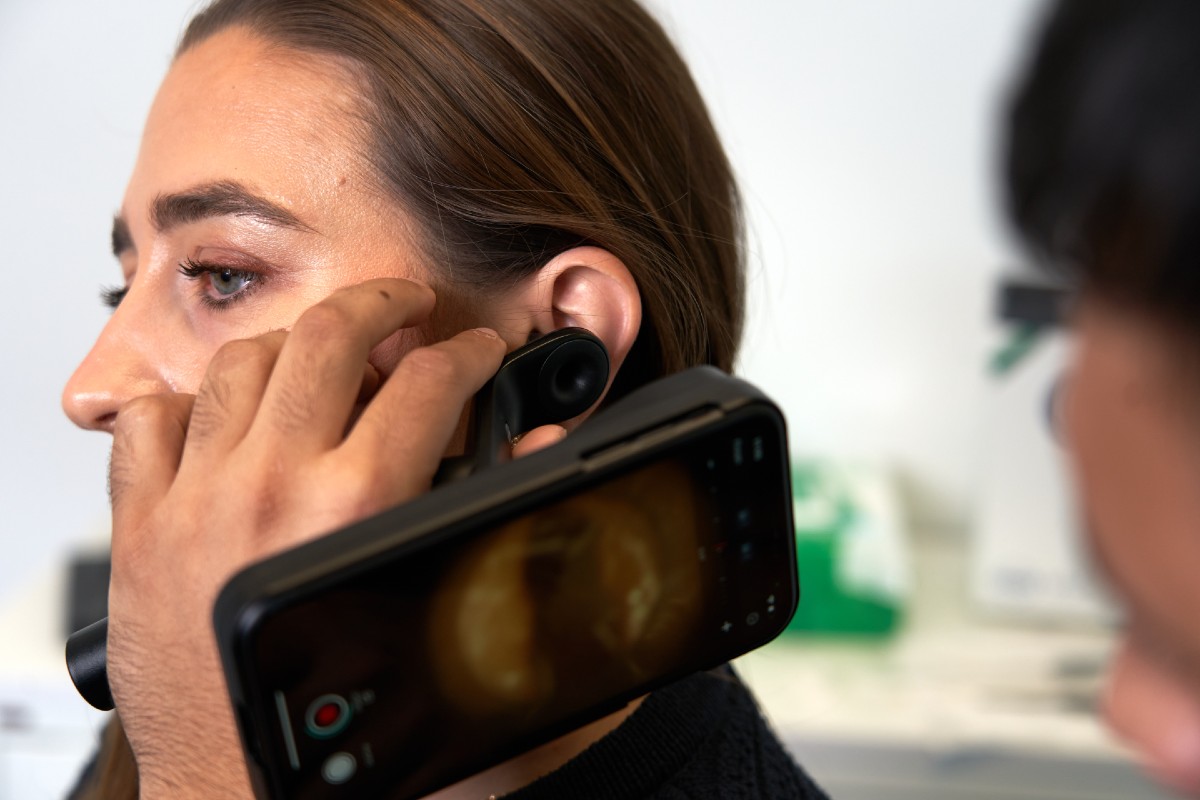Antimicrobial resistance (AMR) is one of the top global public health and development threats according to the World Health Organization and is listed as a chronic risk in the National Risk Register in the UK.
AMR occurs when the microorganisms which cause disease are no longer affected by antimicrobial medicines such as antibiotics, rendering the most treatable conditions and illnesses untreatable. As resistance continues to increase, more people will suffer for longer as infections become more difficult to treat – resulting in longer hospital admissions, routine surgical procedures becoming more dangerous to perform and higher death rates. An estimated 58,224 people in England had an antibiotic-resistant infection in 2022 – an increase of 4% since 2021. This corresponded with an increase in deaths - by nearly 100 - due to severe antibiotic-resistant infections.
Studies have shown at least 20% of antibiotics prescribed in primary care in England are inappropriate and as health, care and public health services across the UK brace for the worst winter in their history, the threat of increased unnecessary antibiotic prescribing, a key factor in rising AMR, is real.
In a pilot in December 2023, Townsend, Axminster, and Seaton & Colyton Primary Care Network (PCN) invested in using Abbott's ID NOW platform for Strep A testing alongside routine clinical assessment using McIsaac and FeverPAIN scoring systems for the diagnosis of streptococcal throat infection.
Sore throats remain one of the most common acute presentations in primary care across the UK, accounting for nearly 10% of all GP appointments each year, and this area continues to represent a significant contributor to the over-prescribing of antibiotics. The 2022 and 2023 outbreak of scarlet fever and corresponding Strep A infections caused significant anxiety as well as increased demand for medication, putting a strain on health services and resulting in shortages of antibiotics.
By combining POCT with standard clinical assessment, the pilot at the PCN resulted in changed prescribing decisions in up to 55% of patients, helping to prevent inappropriate antibiotic prescribing. The pilot also involved Seaton Pharmacy, where community pharmacists were able to effectively provide extra capacity in managing acute respiratory infections. Bringing care closer to the patient, especially during times when public health services are strained, reduces footfall in secondary care and provides patients with the right care.
The publication of the Government's second five-year national action plan for tackling AMR this year identified a number of strategies to help address the problem, including scaling up point-of-care testing (POCT) capacity in primary care settings.
However, one of the challenges of increasing POCT capacity outside traditional hospital settings, is the NHS does not reimburse these tools within primary care and therefore it is an investment decision primary care providers need to make at a time when they are under increasing financial pressure and are constrained by annual financial planning.
As we head into the peak of the winter months, ensuring that patients are only receiving antibiotics when they need them not only supports antimicrobial stewardship, but it also protects the antibiotic supply chain, reducing the chances of shortages.
This pilot has shown that POCT can support clinical evaluation and enable healthcare professionals to feel confident in prescribing antibiotics responsibly, helping to address some of the issues caused by AMR. As the five-year national action plan is implemented, access to POCT in primary and community care settings should be further considered as an effective method of reducing unnecessary antibiotic prescribing.



